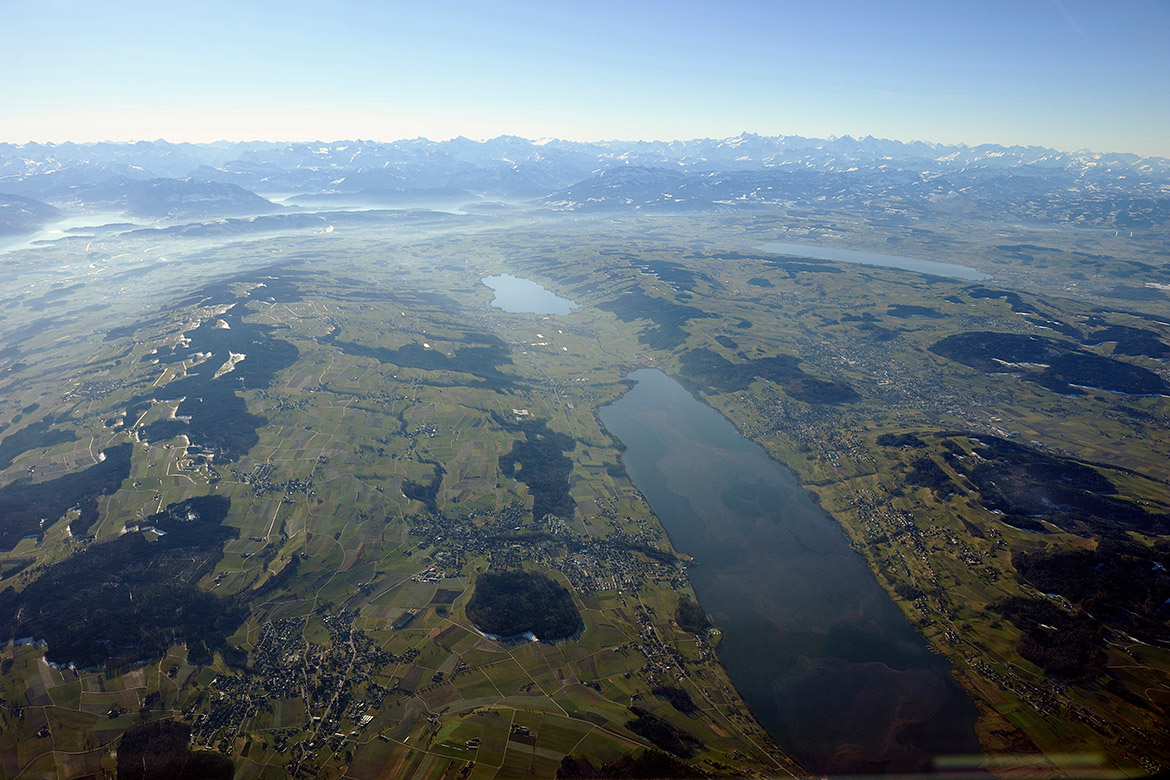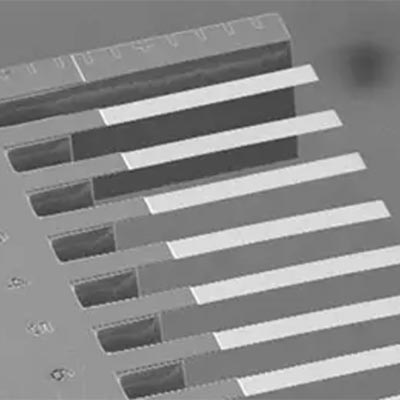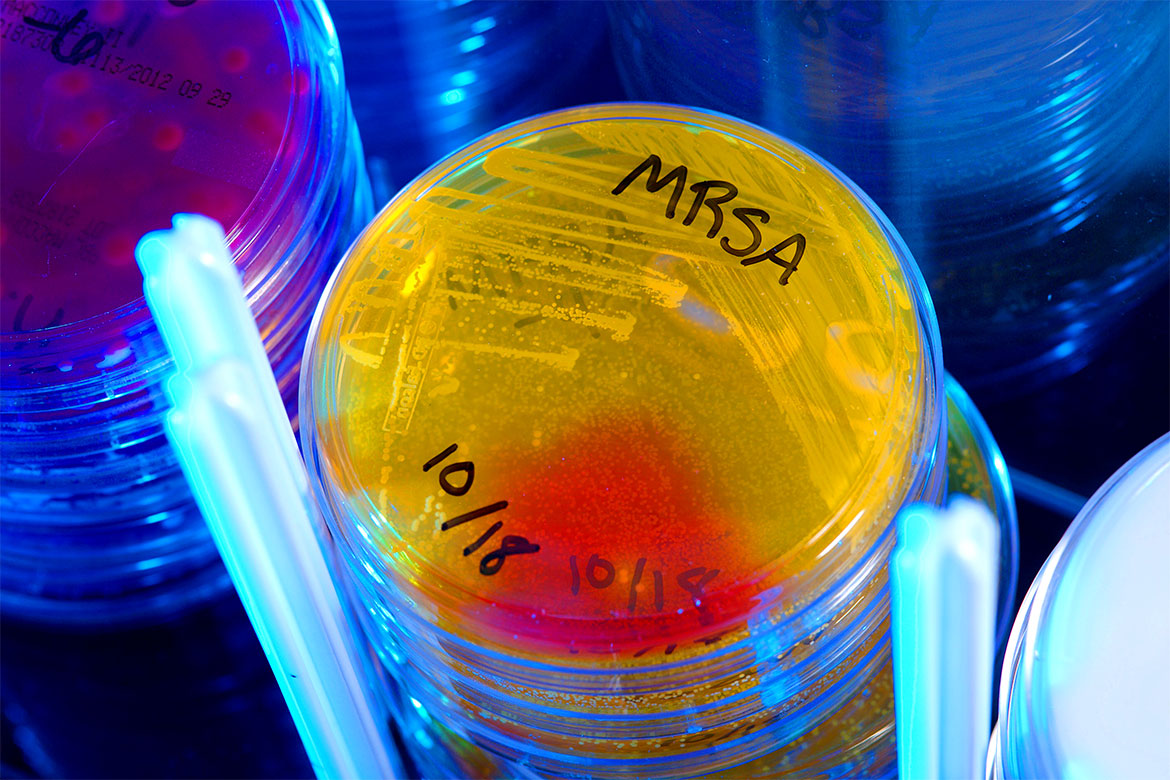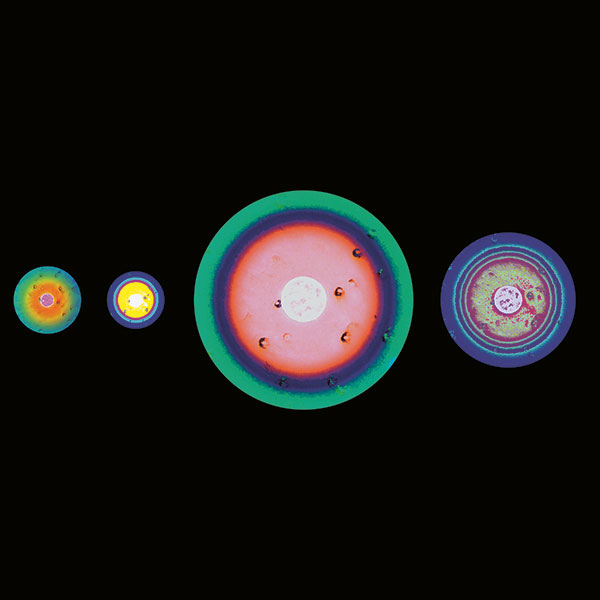MICROORGANISMS
Bacteria as virus-killers
Environmental researchers at EPFL have discovered that certain proteins in bacteria could indicate the purity of water bodies.
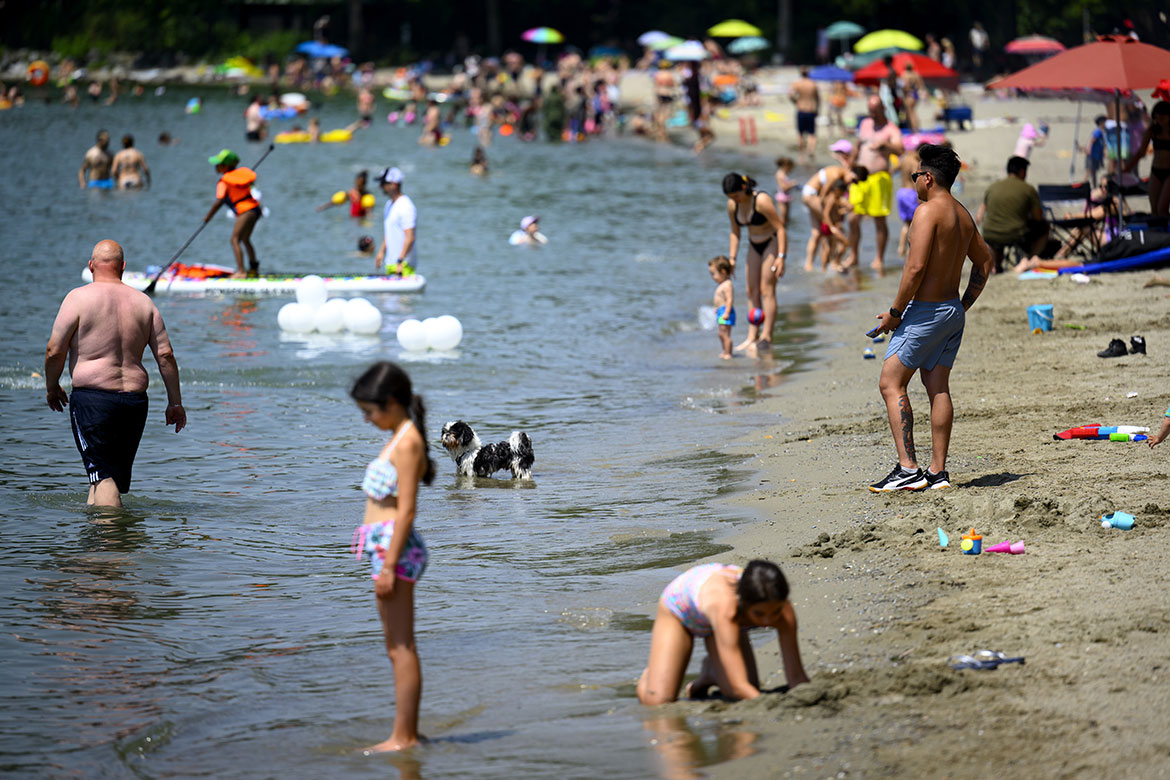
Lake Geneva also enjoys an equilibrium between bacteria and viruses that allows human beings to swim safely in its waters. | Photo: Laurent Gillieron/Keystone
When you go swimming in one of the Swiss lakes, you share the water with countless microbes including enteroviruses from sewage that can trigger diseases such as meningitis. Fortunately, most of them are quickly destroyed – a process aided by proteins secreted by bacteria. These proteins act like tiny knives, hacking up the viruses’ outer shells, called ‘capsids’. “If we are going to make predictions about water safety, we need to understand these processes even better”, says Tamar Kohn, an environmental scientist at EPFL. Her team has been testing water samples from Lake Geneva, where they have identified 136 bacteria, to see which of them are especially adept at eliminating dangerous enteroviruses. They have found that these species are the ones whose ‘knife proteins’ belong to the enzymes known as ‘metalloprotease’. Kohn believes that their presence could accordingly serve as an indicator of water purity.

